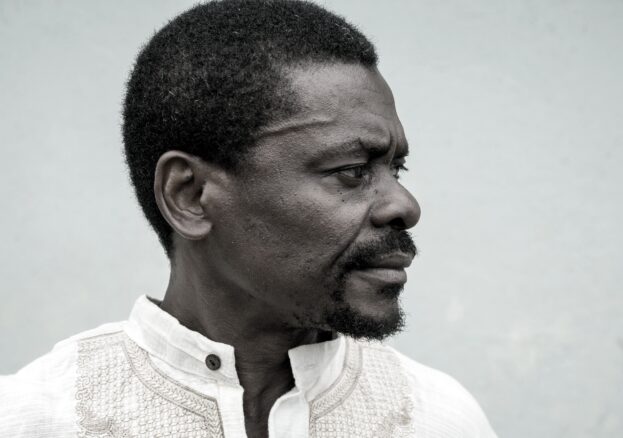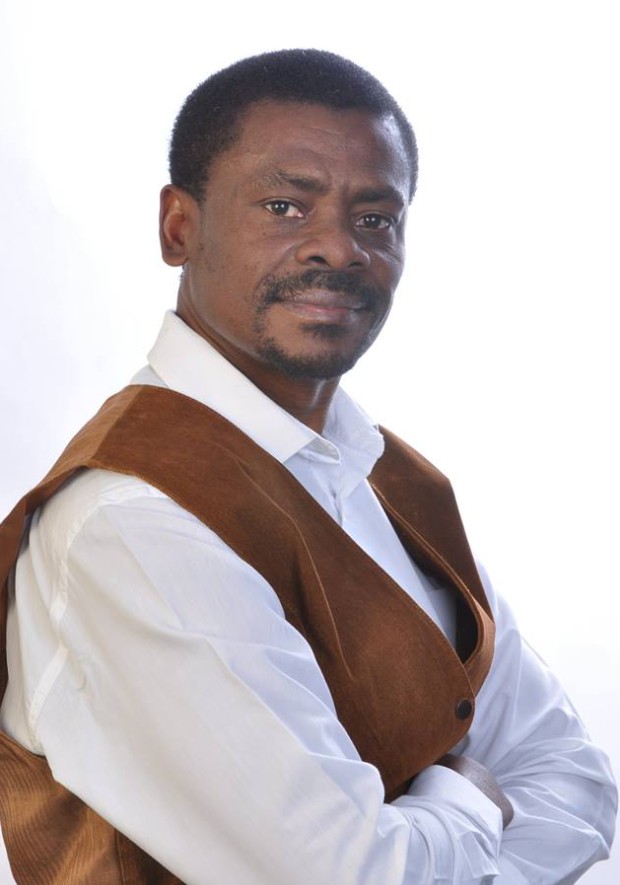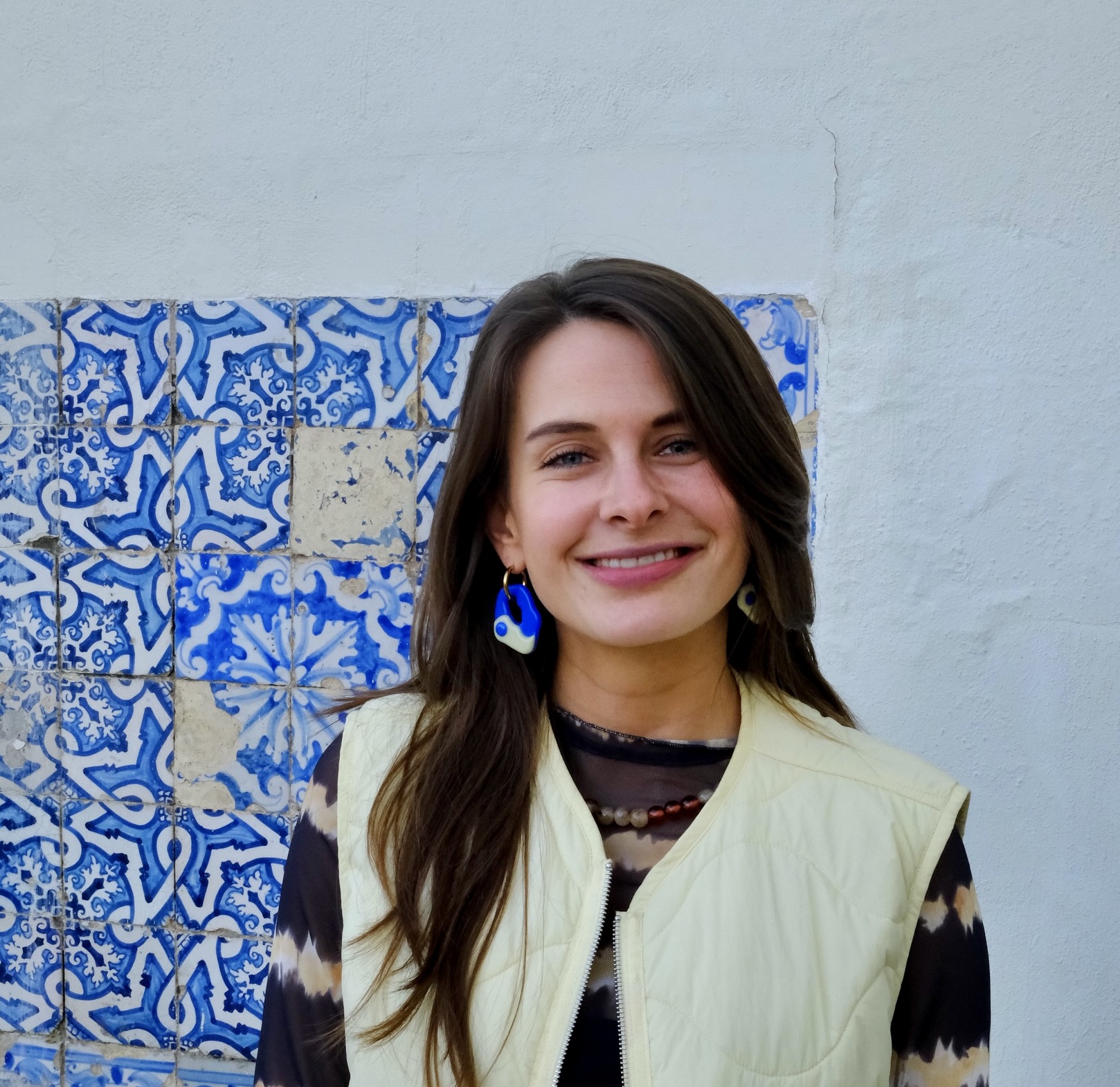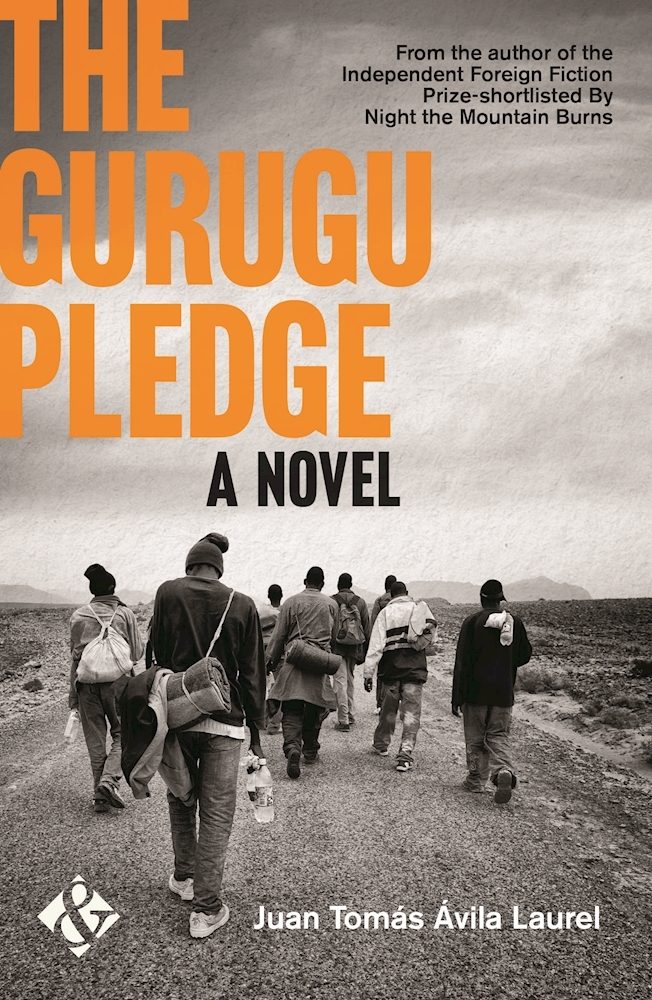In conversation with author and activist Juan Tomás Ávila Laurel
Juan Tomás Ávila Laurel belongs to the ethnic minority of the Annobonese, of whom only around eight thousand people remain in the world. Considered a benchmark of postcolonial African literature, he is the most translated author from Equatorial Guinea. His latest play explores the resilience of African women - their everyday acts of survival, care, and imagination as quiet forms of resistance.


In conversation with author and activist Juan Tomás Ávila Laurel
Juan Tomás Ávila Laurel belongs to the ethnic minority of the Annobonese, of whom only around eight thousand people remain in the world. Considered a benchmark of postcolonial African literature, he is the most translated author from Equatorial Guinea. His latest play explores the resilience of African women - their everyday acts of survival, care, and imagination as quiet forms of resistance.


From an island where books were once nearly impossible to find, Juan Tomás Ávila Laurel became one of Equatorial Guinea’s most vital literary voices. His work bridges exile, belonging, and survival - showing how everyday acts become political resistance. Within our Work Package about Race and Ethnicity, he developed a play with Bocamandja Theatre that uses performance to explore civic participation, postcolonial identity, and resilience.

You were born on the remote island of Malaboin Equatorial Guinea - how has growing up there shaped your perspective as a writer and activist?
Spending my childhood in Malabo and later adolescence in Annobon exposed me to the harsh scarcity that plagued the island during Equatorial Guinea’s first dictatorship. That scarcity was the result of decisions made by those in power. Alongside the abuses that also occurred, these experiences shaped my non conformist personality. The reality is that few of us who attended Equatorial Guinean schools in those years managed to become writers. In fact, there is talk about a ‘Lost Generation’ in Equatorial Guinean literature.
You’ve often been described as a “writer from a country without bookstores.” What does that phrase mean to you personally, and how does it influence your view of literature and access to culture?
I've said more than once, and for the same reason I mentioned earlier, that it's a miracle I became a writer. Considering that to write, you need to have read, something we couldn't do. From around 1973 until 2000, there was only one bookstore in Malabo and also only one a library in the Centro Cultural Hispano Guineano. For all these reasons, before people started talking about me as a writer from a country without bookstores, I told a journalist from the ABC newspaper that Equatorial Guinean writers were like mountaineers in the Sahara, where there’s no snow.
You’ve chosen not to live in exile, even while criticizing a long-standing dictatorship. What keeps you connected to Equatorial Guinea?
I was one of the few critical writers who, while living in Equatorial Guinea, hadn’t decided to go into exile until I went on a hunger strike in 2011 and settled in Barcelona. But things remained the same, so without making the decision to return and settle, I set foot on both shores, and now you could say I live between Equatorial Guinea and Barcelona. What connects me to Equatorial Guinea is family, childhood memories, and the need to turn things around. Furthermore, it’s not at all common for Black Africans to prosper in Spain under the same conditions as Spaniards or people of other nationalities. We’re constantly reminded that this isn’t our place - which is why we keep fighting to make the place they want to send us our place.
.png)
.png)
Can you describe the play and what it’s about in a few sentences?
The play addresses the resilience of African women, a quality necessary to survive in environments of scarcity and dominated by the consequences of colonial impositions. It shows how the colonial legacy persists, even when those affected move to former European metropolises. Themes that lay underneath are scarcity, poverty, marginalization, desperation, overcrowding, and repressive indifference. Repressive indifference isn’t always noticeable. Society or the political class acts toward a community as if unaware of its existence but represses it.
The play centers an Afro-descendant woman reflecting on her life between Africa and Spain. What inspired this character, and what does she represent to you?
The woman in the play embodies the indispensable role of African woman, who throughout their lives, must perform miracles to support those in their care, even if they are not her own children. The play portrays the events that may occur in the daily life of a real family, where the presence of women is noticeable but where men are never present in the family dynamic. In Africa, and outside the spheres of political power, women hold the key to survival.
You’ve described the kitchen as a territory of cultural and emotional resistance. Can you explain how cooking -and everyday acts - become political?
Cooking and surviving become political acts because they force you to respond to decisions made in the political sphere. Imagine being unable to work because you don’t have legal documents. As a result, a range of food would be out of reach, so you must use your imagination to avoid starving, especially when you have people depending on you. In this context, the shopping list becomes a political declaration. The work also reveals the influence of religion on culinary matters. And whether we like it or not, religious matters are decided by politics

Democracy in Action Project explores how grassroots and cultural spaces can foster democratic participation. In your view, what role can theatre or literature play in that process?
Imagine a segment of the population living within the majority, and after fifty years, no writer has emerged from it. The first step is to ask why - poverty, lack of opportunities, or precarious social conditions might be the cause. Theatre and literature can not only reach these overlooked places but also spotlight neglected issues. They help amplify the concerns of Afro-descendant communities, often absent from mainstream media. By giving visibility to their work, we uphold democratic values and create role models who empower their communities.
What can European audiences learn from African or Afro-descendant stories about democracy, belonging, and resistance?
Democracy begins to be built from the villages and communities, made up of families, and it seems that in many parts of Europe, the family is not given the value it deserves as a forger of democracy. Something audiences could learn from stories about people of African descent is that the marginalization of any group will always be detrimental to the community at large, regardless of the country in question.

.webp)

